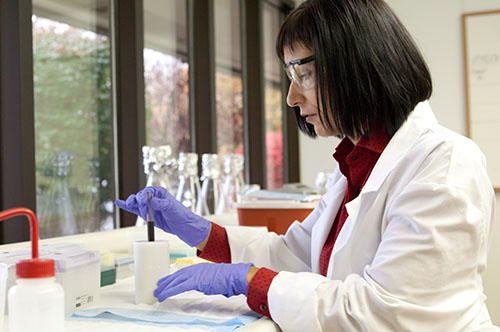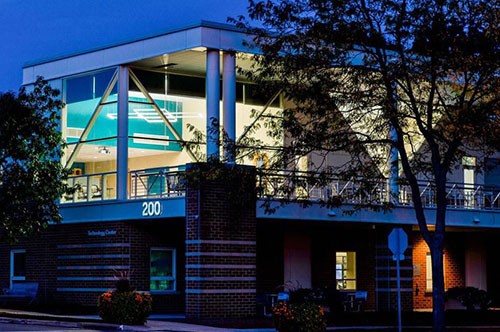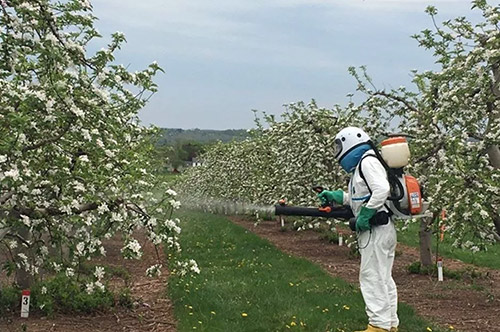Nestle Purina has 20 plants in the U.S., which manufacture 99% of its pet food products sold in the United States. The company has 80 years of dominating the field of pet health and wellness.
And the team at Nestle Purina is filled with innovators. They’re not afraid of changing things up to keep with the times. That’s especially true when it comes their manufacturing. Nestle Purina has…
Recently, State College-based KCF Technologies worked with Nestle Purina plant manager, David White, as he made the switch from older technology that provided monthly machine health data collection to new, wireless machine health monitoring solutions from KCF Technologies.
The results? He and his team are now able to monitor key equipment 24/7, reduce profit-shredding downtime and save the significant costs of catastrophic equipment failure to keep Nestle Purina's lineup of pet care products moving smoothly to market.
Learn how Purina is using Happy Valley-developed technology to change the pet care market, in this Q&A with David White.
I’ve always been concerned with one machine that’s critical to our operation. It’s got 38 bearings, and they only run at 3 RPM. We’re not able to really do good monitoring on a monthly basis because they run so slow, and we’re not able to do ultrasonics on those either because of the way that they’re guarded. So, I started looking around for wireless and I came across KCF.
I set up a trial with KCF. I really, really liked what I saw. More importantly, it was just a good relationship right from the very beginning. I could tell that they were customer service-oriented—the whole group at KCF. I went out to State College and visited with them. They came here and I showed them what I wanted to do. We did a small test with eight sensors, and then we’ve steadily grown from there. Right now, we’ve got about 75 sensors, and we’re hopeful to expand on that.
A failure on one of those bearing units could be catastrophic. It could cause major equipment damage and we could be down for weeks. Even with the bearings running at 3 RPM, it could create other issues inside the machine that could lead to weeks of downtime with millions of dollars of costs if we lost one of these bearings.
I was originally looking at a wired system, but it was very expensive. I started looking at wireless and immediately hit a road block of IT security and firewall concerns. After talking with KCF and talking with the IT department, we saw that it doesn’t interface with our systems at all, so someone can’t reach in and grab it.
Once those fears were put aside, we ran some tests and found that the data we were getting and the relationship we were cultivating with KCF was very promising.
When I first started testing, I took it to my maintenance manager, and we were both sold. We saw what it [SmartDiagnostics] could do, and we understand that reliability and uptime are critical to us. Whenever a machine goes down, we’re not making profit and we’re not making product. And the safety factor—it’s a lot safer replacing something when we deem necessary rather than waiting for it to fail while in production mode.
We’re capturing failures before they occur. So, we’re able to schedule our maintenance prior to a failure and that makes it safer, gives you a higher quality product, and minimizes scrap waste. It saves a lot of money.




Comments
Powered by WP LinkPress